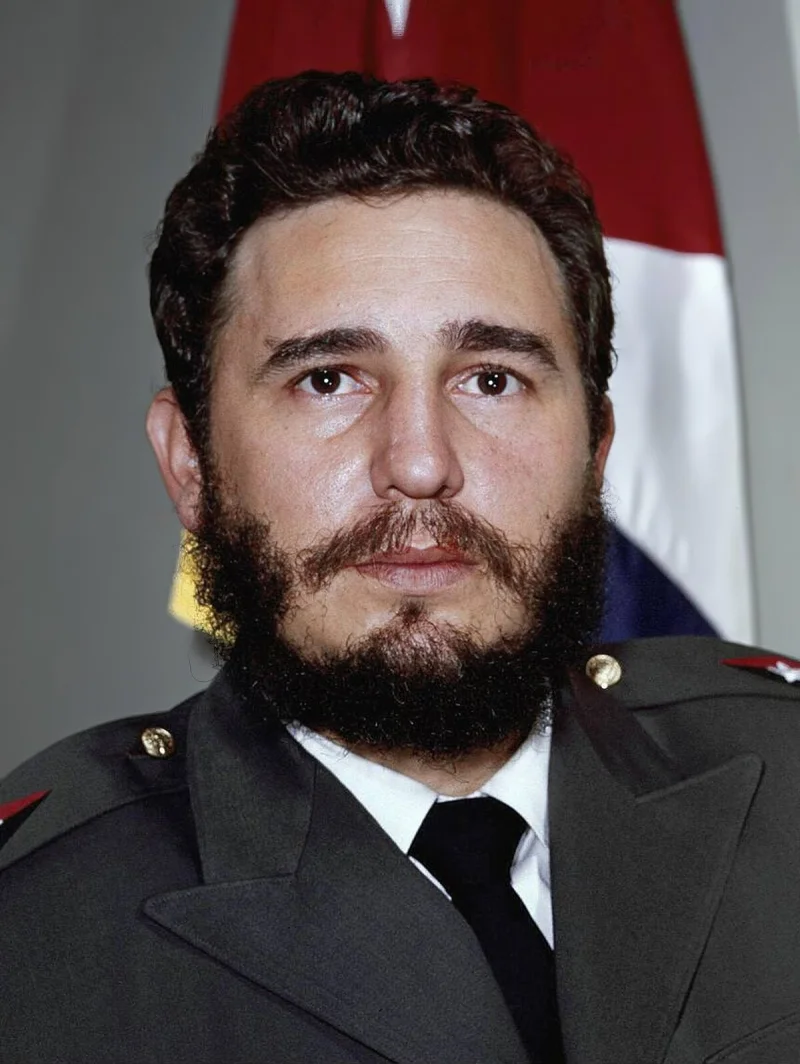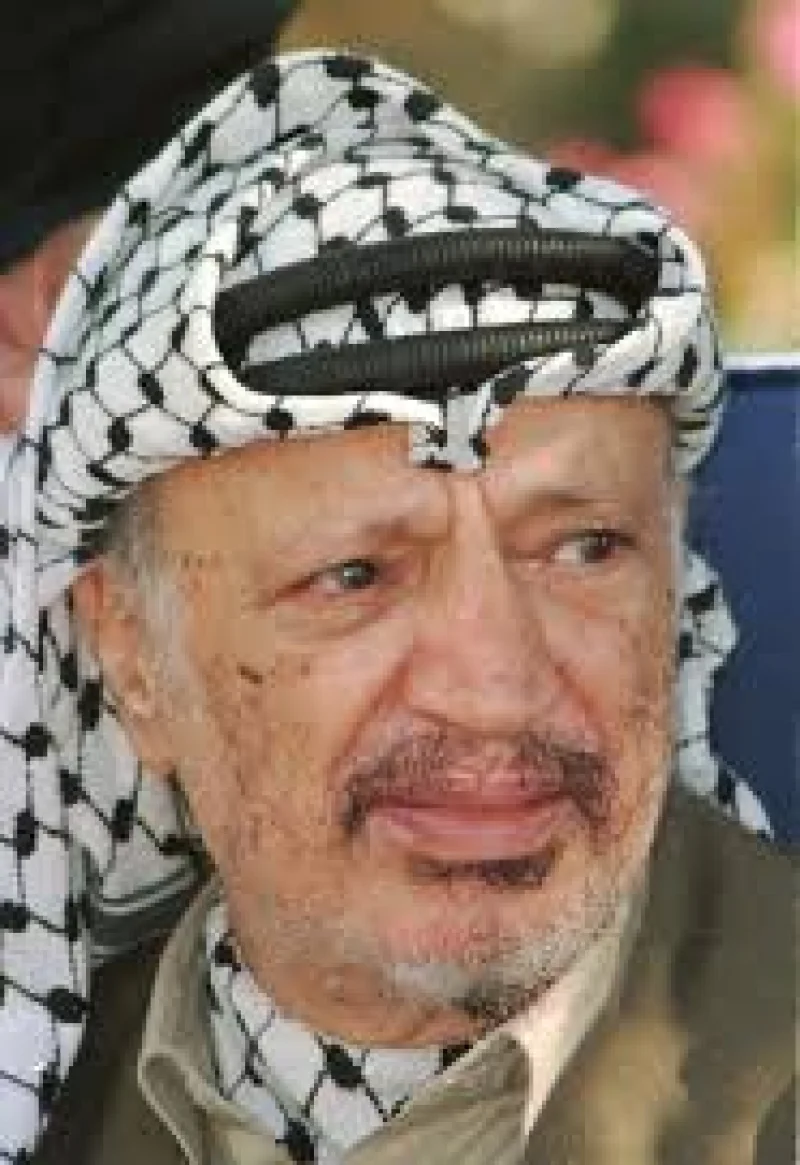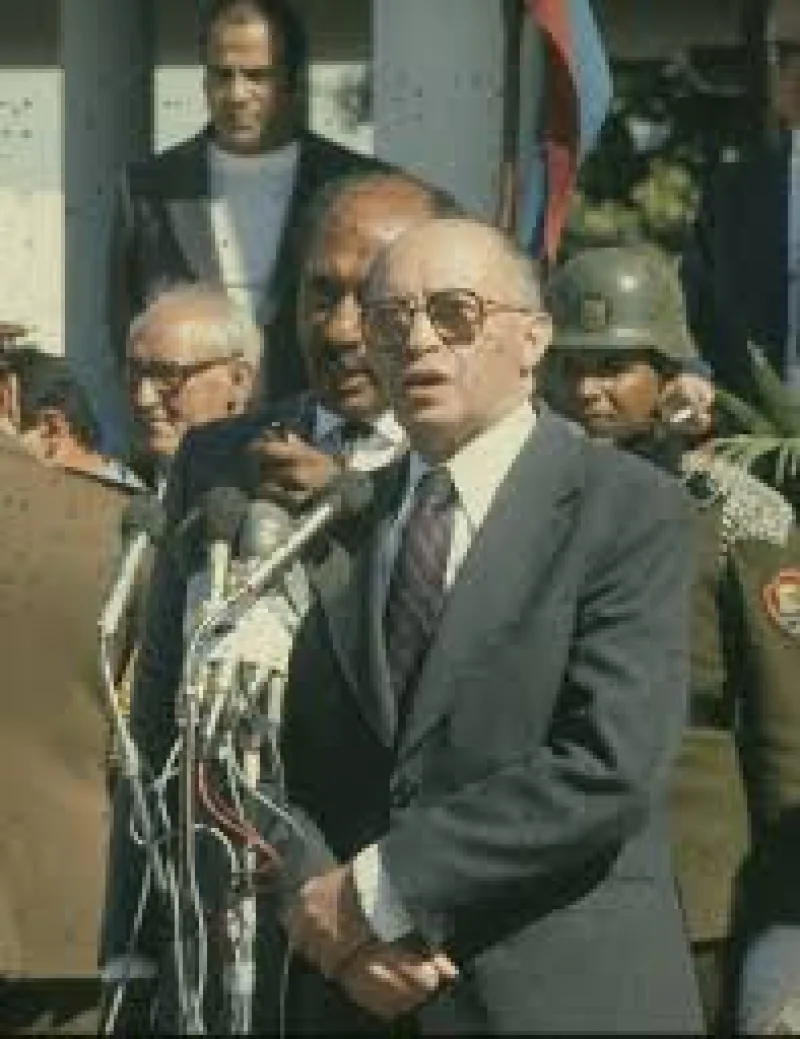Short Summary
Fidel Castro was a pivotal figure in 20th-century history, known for leading the Cuban Revolution and establishing a communist state in Cuba. He served as the Prime Minister from 1959 to 1976 and then as the President of the Council of State and Council of Ministers from 1976 to 2008. His defiance against the United States and efforts to promote communist ideology globally made him a controversial and influential leader.
Early Life & Education
Born on August 13, 1926, in Birán, Cuba, Fidel Castro was the son of a wealthy Spanish immigrant farmer. He grew up in a financially comfortable family, which allowed him to pursue education at some of Cuba's best schools. He attended the University of Havana, where he studied law and developed an interest in politics. During his university years, he became involved in anti-imperialist activism, which shaped his revolutionary ideals. His early exposure to social inequality deeply influenced his political outlook, leading to his commitment to overthrowing the Batista regime.
Career Highlights
Castro's career is marked by his leadership in the Cuban Revolution, which culminated in the overthrow of Fulgencio Batista in 1959. After assuming power, he implemented wide-ranging socialist reforms in Cuba, including land redistribution and nationalization of industries. Castro was instrumental in transforming Cuba into a one-party socialist state aligned with the Soviet Union. Under his leadership, Cuba became a focal point of Cold War tensions, particularly during the Cuban Missile Crisis in 1962. His influence extended beyond Cuba, as he supported revolutionary movements in Latin America and Africa.
Major Achievements
- Led the Cuban Revolution: Overthrew Batista's regime in 1959, establishing a communist government.
- Implemented Socialist Reforms: Nationalized industries and introduced land reforms in Cuba.
- Survived US Opposition: Withstood numerous attempts by the United States to overthrow his government.
- Promoted Internationalism: Supported revolutionary movements and anti-colonial struggles worldwide.
- Improved Literacy and Healthcare: Enhanced Cuba's education and healthcare systems, achieving high literacy rates and an advanced healthcare infrastructure.
Famous Quotes
- "History will absolve me."
- "A revolution is not a bed of roses. A revolution is a struggle to the death between the future and the past."
- "I began revolution with 82 men. If I had to do it again, I’d do it with 10 or 15 and absolute faith. It does not matter how small you are if you have faith and plan of action."
Interesting Facts
- Castro survived over 600 assassination attempts, according to Cuban intelligence.
- He held power in Cuba for nearly five decades, making him one of the longest-serving leaders in history.
- Castro was once a baseball player and reportedly tried out for the Washington Senators and New York Yankees.
- He famously smoked cigars but quit in 1985 for health reasons.
- Castro's speeches were known for their length, often lasting several hours.
Legacy / Influence
Fidel Castro's legacy is complex and polarizing. He is celebrated for his role in improving education and healthcare in Cuba and for his staunch anti-imperialism. However, his rule was also marked by human rights abuses and economic challenges in Cuba. His influence extended globally, inspiring other revolutionary movements, and his opposition to U.S. policies left a lasting impact on international relations.
FAQ
Q: Why is Fidel Castro famous?
A: He is famous for leading the Cuban Revolution and establishing a communist state in Cuba.
Q: How long did Fidel Castro rule Cuba?
A: He ruled for nearly five decades, from 1959 to 2008.
Q: What was the Cuban Missile Crisis?
A: It was a 1962 confrontation between the United States and the Soviet Union over Soviet missiles in Cuba, bringing the world close to nuclear war.
Q: What was Fidel Castro's impact on Cuba?
A: He transformed Cuba into a socialist state with significant improvements in education and healthcare but also faced criticism for human rights abuses.










